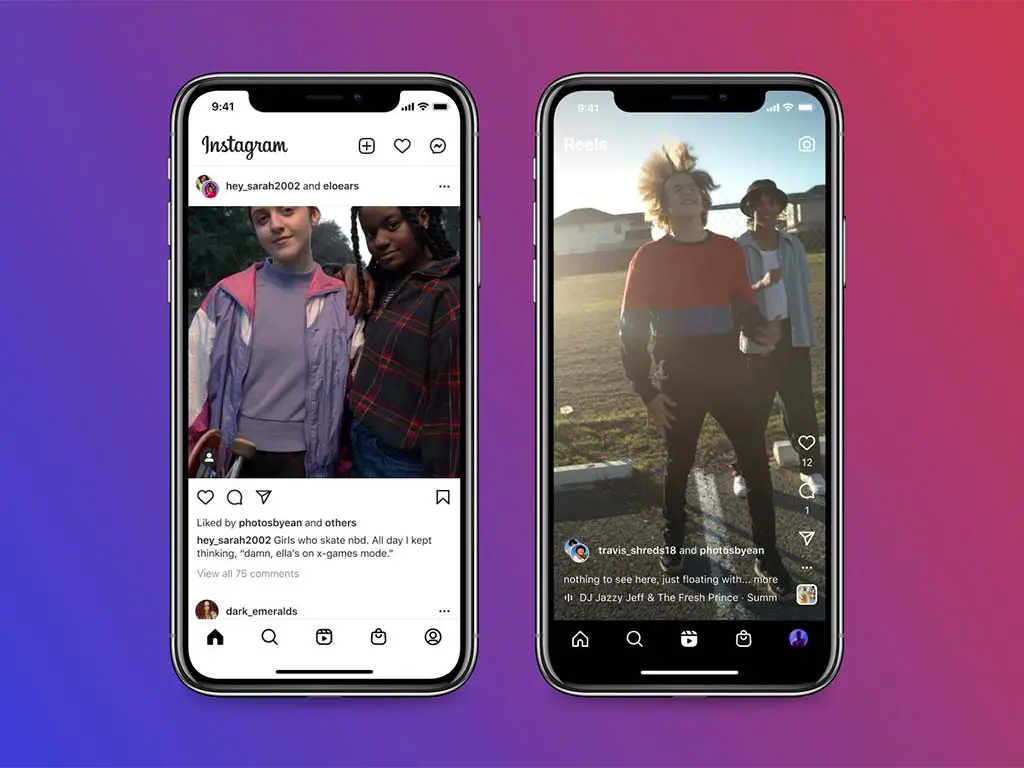Banning Russian State Media from Its Platform:
In an era where digital platforms play a crucial role in shaping public opinion, TikTok has made headlines by implementing a significant policy change: banning Russian state media from its app. This latest move underscores the platform’s commitment to maintaining a safe and informative environment for its users, especially amid ongoing global conflicts. In this article, we’ll explore the implications of this ban, its impact on users and content creators, and what it signifies for the future of social media governance.
Table of Contents
The Context of the Banning Russian
The decision to ban Russian state media comes against the backdrop of rising tensions and conflict in Ukraine. As the situation escalated, various social media platforms faced mounting pressure to control the spread of disinformation and propaganda. Russian state media outlets, which have been accused of disseminating misleading narratives about the war, posed a significant challenge for platforms like TikTok, which cater primarily to younger audiences.
As misinformation can spread rapidly in the digital age, TikTok’s ban is a proactive measure aimed at curbing the influence of state-controlled narratives. By restricting access to these media outlets, TikTok aims to create a more balanced information ecosystem and protect users from potential propaganda.
Implications for TikTok Users
- Enhanced Information Quality: With the ban on Russian state media, TikTok users can expect a more trustworthy content environment. This decision reduces the likelihood of encountering misleading or biased information related to the conflict.
- Support for Independent Voices: The ban paves the way for independent creators and journalists who provide authentic accounts of events. By limiting state-sponsored narratives, TikTok encourages a diverse range of voices, promoting balanced discussions on crucial issues.
- User Trust and Safety: The action reinforces TikTok’s commitment to user safety and trust. By actively removing sources of disinformation, the platform signals to its community that it prioritizes accurate information over sensationalized narratives.
- Content Moderation Challenges: While the ban is a step forward, it also presents challenges in content moderation. TikTok must remain vigilant in monitoring the platform for emerging disinformation tactics that may arise from other sources.
Impact on Content Creators
The ban on Russian state media also has significant implications for content creators on TikTok:
- Creative Opportunities: Content creators can focus on producing educational and informative content without the overshadowing influence of state propaganda. This environment fosters creativity and allows creators to engage with important issues meaningfully.
- Potential Backlash: While many users may support the ban, some creators might face backlash or criticism from followers who disagree with the decision. Balancing differing opinions among their audience could become a challenge for creators navigating this complex landscape.
- Increased Responsibility: Content creators are now tasked with being more responsible in their reporting and storytelling. As misinformation remains a pressing issue, creators must ensure their content is fact-based and reliable, fostering a culture of accountability.

Banning Russia
The Role of Social Media in Modern Conflicts
The ban on Russian state media by TikTok highlights the growing importance of social media platforms in contemporary conflicts. As news and information flow increasingly through digital channels, platforms must navigate the challenges of disinformation and propaganda. Here are several key considerations:
- Information Warfare: In the context of global conflicts, social media has become a battleground for information warfare. State actors utilize these platforms to shape narratives and influence public perception. TikTok’s decision reflects a growing recognition of this phenomenon and the need to address it.
- Regulatory Pressures: Governments worldwide are scrutinizing social media companies for their role in disseminating information. TikTok’s ban is not only a response to user demand but also an alignment with regulatory expectations regarding content moderation and disinformation control.
- Public Accountability: The actions of social media platforms like TikTok demonstrate the need for public accountability. Users are increasingly holding platforms responsible for the quality of information shared, and companies are responding to this pressure with more stringent policies.
- The Power of User Engagement: TikTok’s community has a significant influence on the platform’s direction. User feedback and engagement play a vital role in shaping policies, and the response to the ban will likely guide future content moderation decisions.
The Future of Content Moderation on TikTok
As TikTok continues to evolve, the platform will face ongoing challenges related to content moderation and user safety. The ban on Russian state media is just one example of the proactive steps the company is taking to maintain its integrity. Looking ahead, several trends may shape TikTok’s approach to content moderation:
- AI and Machine Learning: The implementation of advanced algorithms can aid in identifying and flagging disinformation. TikTok may invest in AI technologies to enhance its content moderation capabilities, allowing for quicker responses to emerging threats.
- Community Reporting Mechanisms: Encouraging user reporting of suspicious content can empower the community to play an active role in maintaining a safe environment. TikTok could enhance its reporting mechanisms to better address concerns from its users.
- Collaborations with Fact-Checkers: Partnering with independent fact-checking organizations can bolster TikTok’s credibility. By working with experts in misinformation, the platform can ensure that users receive accurate information and context.
- Transparent Policies: Transparency in content moderation policies will be crucial for maintaining user trust. TikTok can enhance its communication regarding why certain content is removed or banned, fostering an understanding of the reasoning behind its decisions.
Conclusion on Banning Russian
TikTok’s ban on Russian state media marks a pivotal moment in the platform’s commitment to curbing disinformation and promoting a safer user environment. As social media continues to play an integral role in shaping public discourse, such measures are essential for maintaining the integrity of information shared on these platforms. By prioritizing user safety and supporting diverse voices, TikTok is setting a precedent for responsible content moderation in the digital age. As we navigate an increasingly complex information landscape, the actions taken by platforms like TikTok will be critical in shaping the future of social media governance and public discourse.Banning Russian



